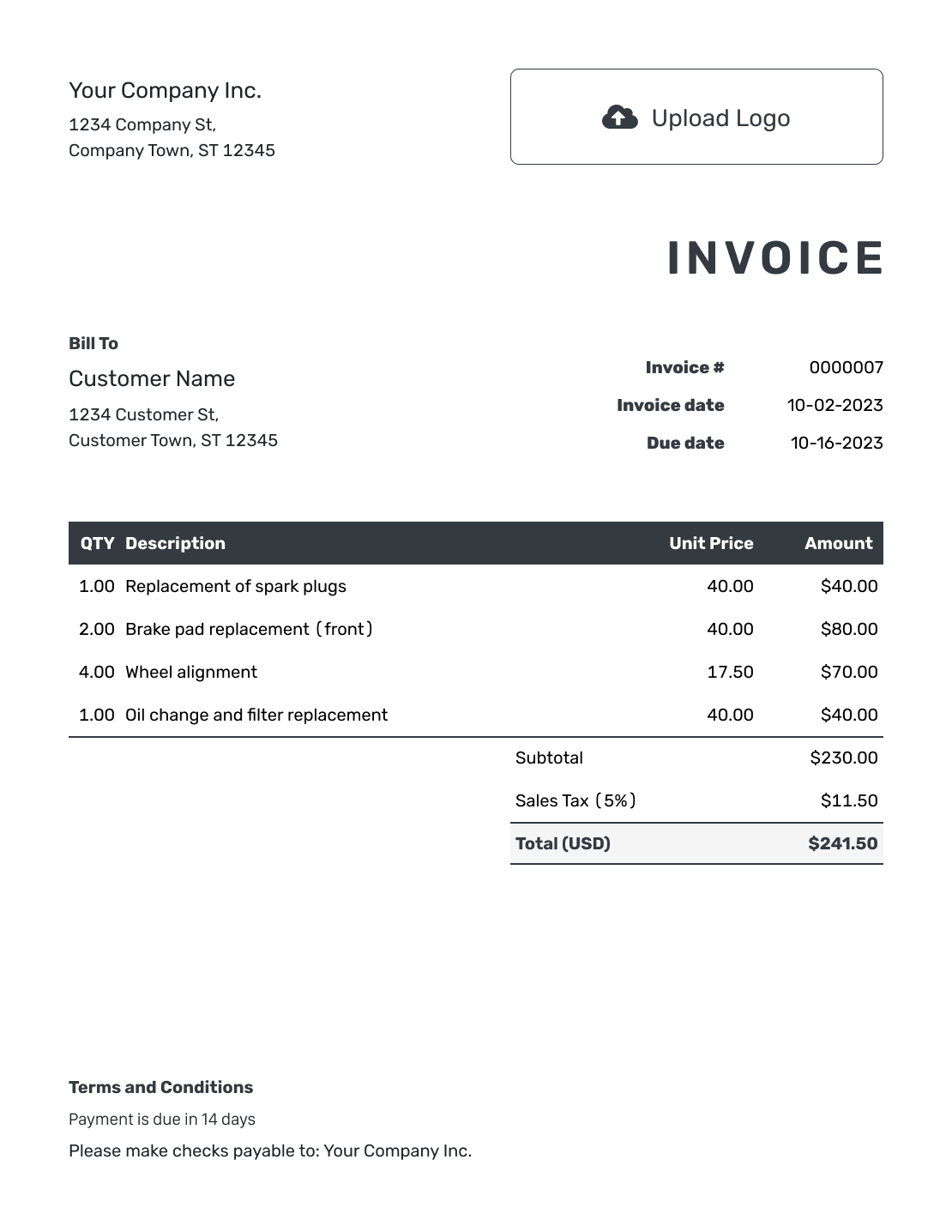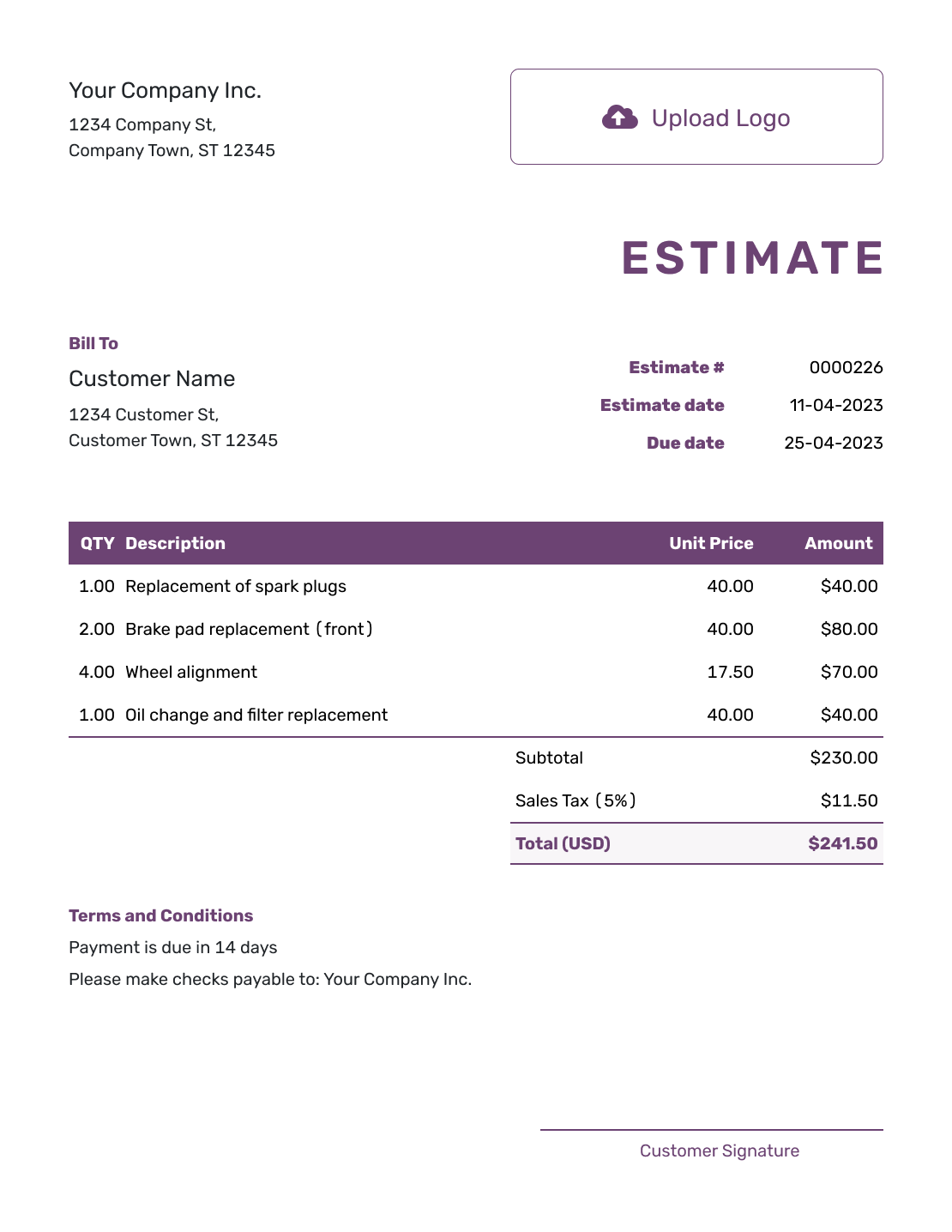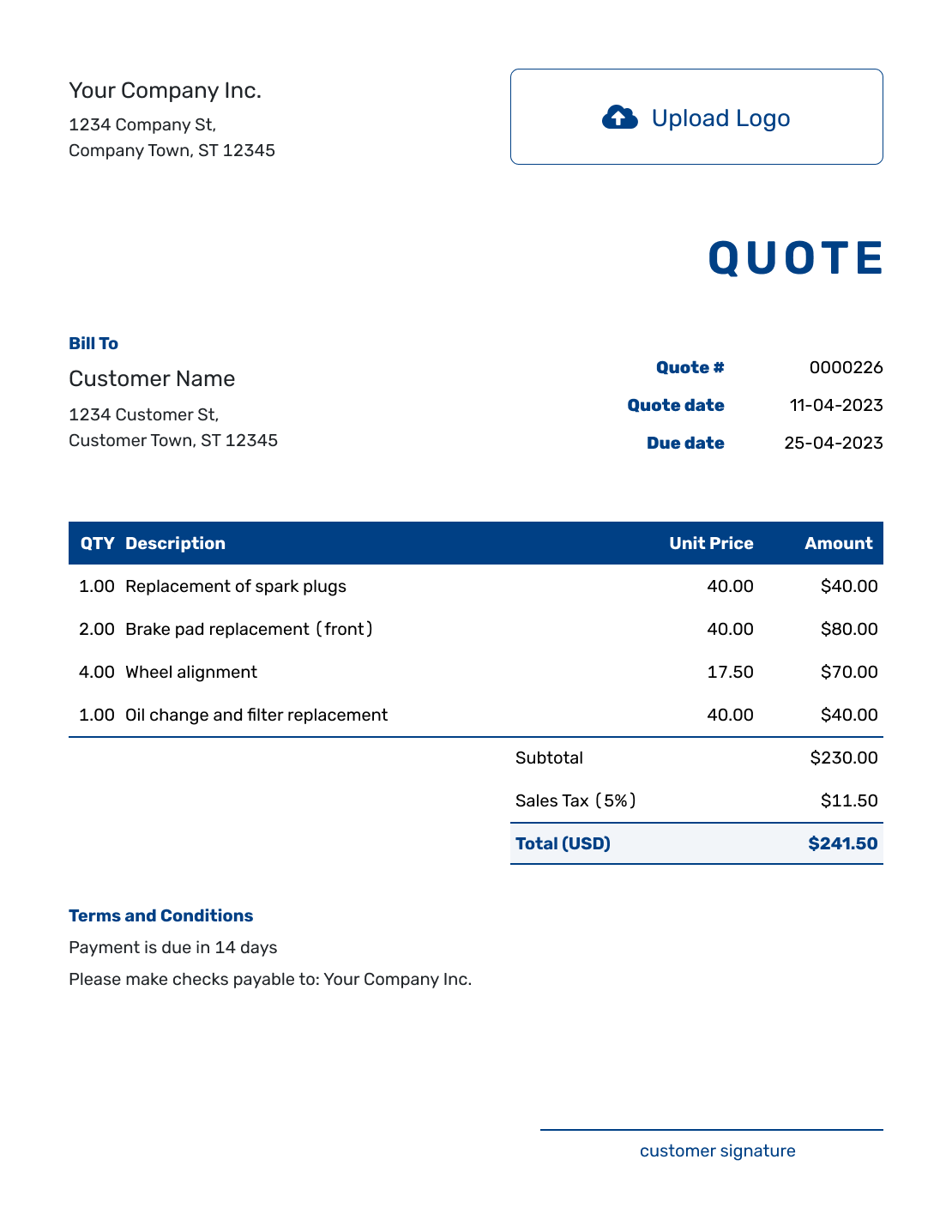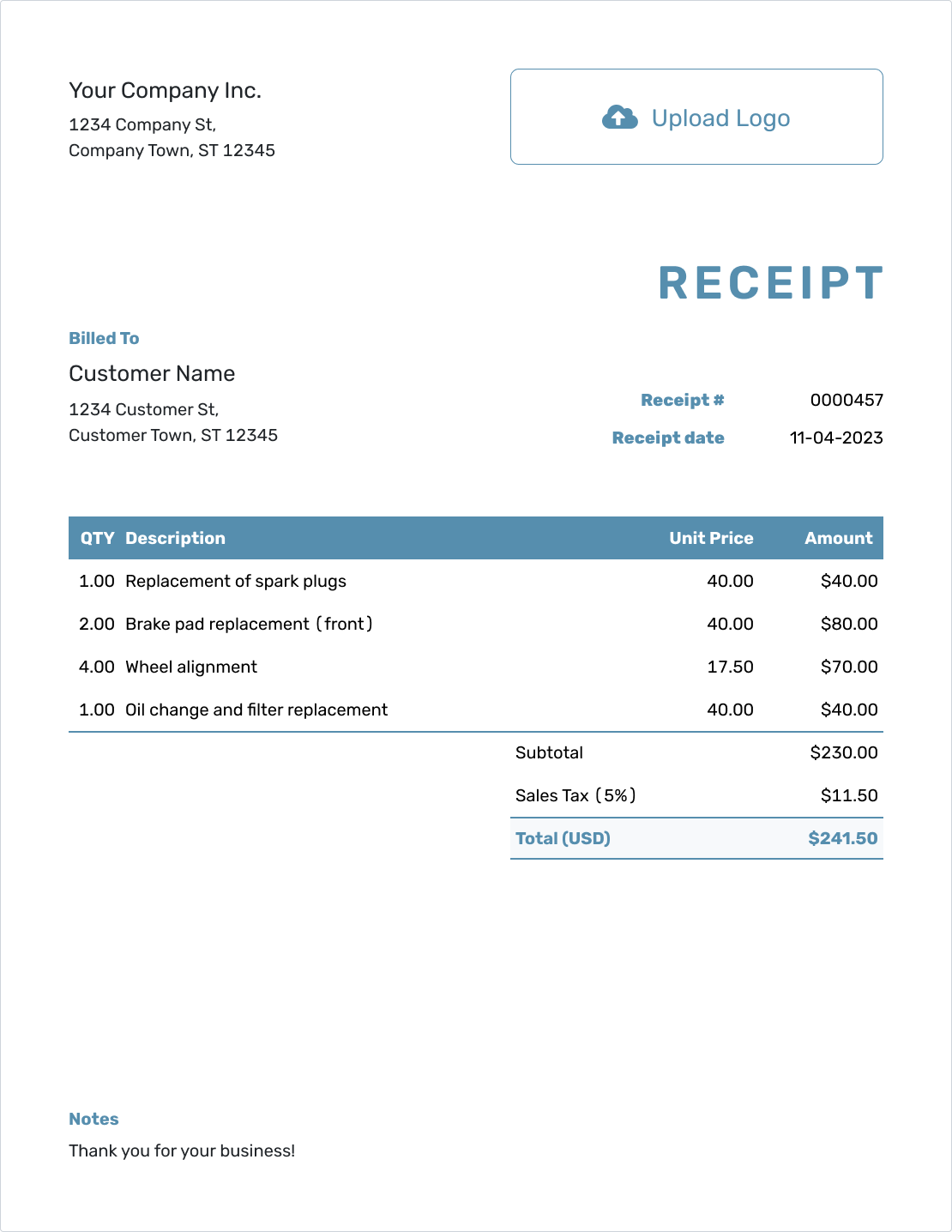Understanding
Assets
Est. reading time: 6 min

Assets might sound like a complicated financial term, but they're simply everything your business owns that has value. This includes physical things like cash, inventory, and equipment, as well as less obvious items like patents or customer loyalty. If it helps your business grow or keeps it running, it's probably an asset.
What Are Assets?
In simple terms, assets are resources your business owns that have value. Assets can help your business generate income, pay bills, or invest in new opportunities. They're a cornerstone of your business's financial health.
For example, the cash in your bank account is an asset, so is the computer you use to send invoices. Even the goodwill your business has built up with customers is considered an asset.
Why Do Assets Matter?
Understanding your assets is crucial because they:
- Show financial health: Knowing what your business owns helps you understand its value and stability.
- Support decision-making: Assets can guide your choices about where to invest or cut back.
- Help secure funding: Lenders and investors often look at your assets to determine your business's worth.
Types of Assets
Not all assets are the same. Businesses usually divide them into categories to make tracking and planning easier. Here are the most common types:
1. Current Assets
Current assets are things you can easily turn into cash within a year. These include:
- Cash: Money in your bank account or on hand.
- Accounts receivable: Money customers owe you.
- Inventory: Products or materials you plan to sell.
2. Non-Current Assets
Non-current assets are long-term investments or resources your business will use for more than a year. Examples include:
- Equipment: Tools, machinery, or computers your business uses.
- Property: Buildings or land your business owns.
- Intangible assets: Things like patents, trademarks, or brand value.
3. Fixed Assets
Fixed assets are physical, long-term resources like buildings, machinery, or vehicles. They're essential for running your business.
4. Intangible Assets
Intangible assets are non-physical things that still have value. For example:
- Brand reputation: The trust and loyalty your business has built.
- Patents: Legal protection for your unique ideas.
The Docelf Advantage
Keeping track of your business's resources, like inventory and accounts receivable, is easy with Docelf. Here's how we help:
- Stay organized: Record and manage your products and services in one place.
- Track payments: Know when invoices are paid and how much is still owed.
- Keep your brand strong: Customize your invoices with your logo and colors to maintain a professional image.
Ready to take charge of your business's assets and cash flow? Try Docelf today and see how easy it can be to stay on top of things.




